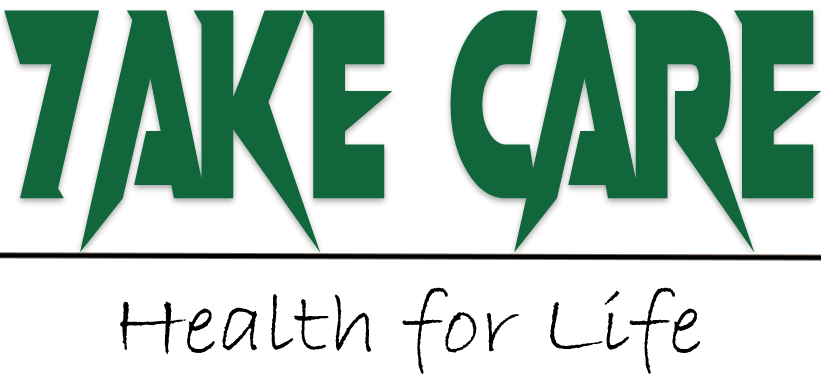Latest Posts
Testing During Pregnancy
What other tests should I have to make sure my pregnancy is healthy? It’s crucial to know about potential issues
Understanding Down Syndrome
What does it mean to be at a ‘high risk’ for Down Syndrome? Being at ‘high risk’ means that there
Pregnancy Check-Up Tests
During pregnancy, the main goal is to ensure the health of both the mom and the baby. To make sure
Navigating Cheese Choices During Pregnancy: Can You Say Yes to Cotija?
Hey there, future moms! If you’re riding the pregnancy wave and craving some cheesy goodness, you might be wondering about
Can I Enjoy Bamboo Shoots During Pregnancy?
Hey there, amazing soon-to-be mommies! Are you craving something crunchy and nutritious but not sure if it’s safe? Well, you’re
Can You Eat Cooked Snails When Pregnant?
Hey there, future mamas! Are you curious about the do’s and don’ts of eating cooked snails during your pregnancy journey?
Navigating Seafood During Pregnancy: Can You Dive into Conch?
Hey there, expectant moms! Are you riding the waves of pregnancy cravings and wondering if you can sprinkle some seafood
Barramundi and Pregnancy: A Guide to Safe Seafood Choices
Hey there, future moms! Are you craving seafood but tangled in the do’s and don’ts of pregnancy eating? Let’s dive
Sponsor
Become a Facebook fan
Looking for something else?
Categories
- Did You Know? (2)
- Home Remedies (2)
- Normal Pregnancy (6)
- Pregnancy (4)
- Pregnancy Care Week by Week (5)
- Pregnancy Nutrition (16)
- Pregnancy Stages (14)
- Smelly Urine (2)
This website is a participant in the Amazon Services LLC Associates Program, an affiliate advertising program designed to provide a means for sites to earn advertising fees by advertising and linking to Amazon.com.

